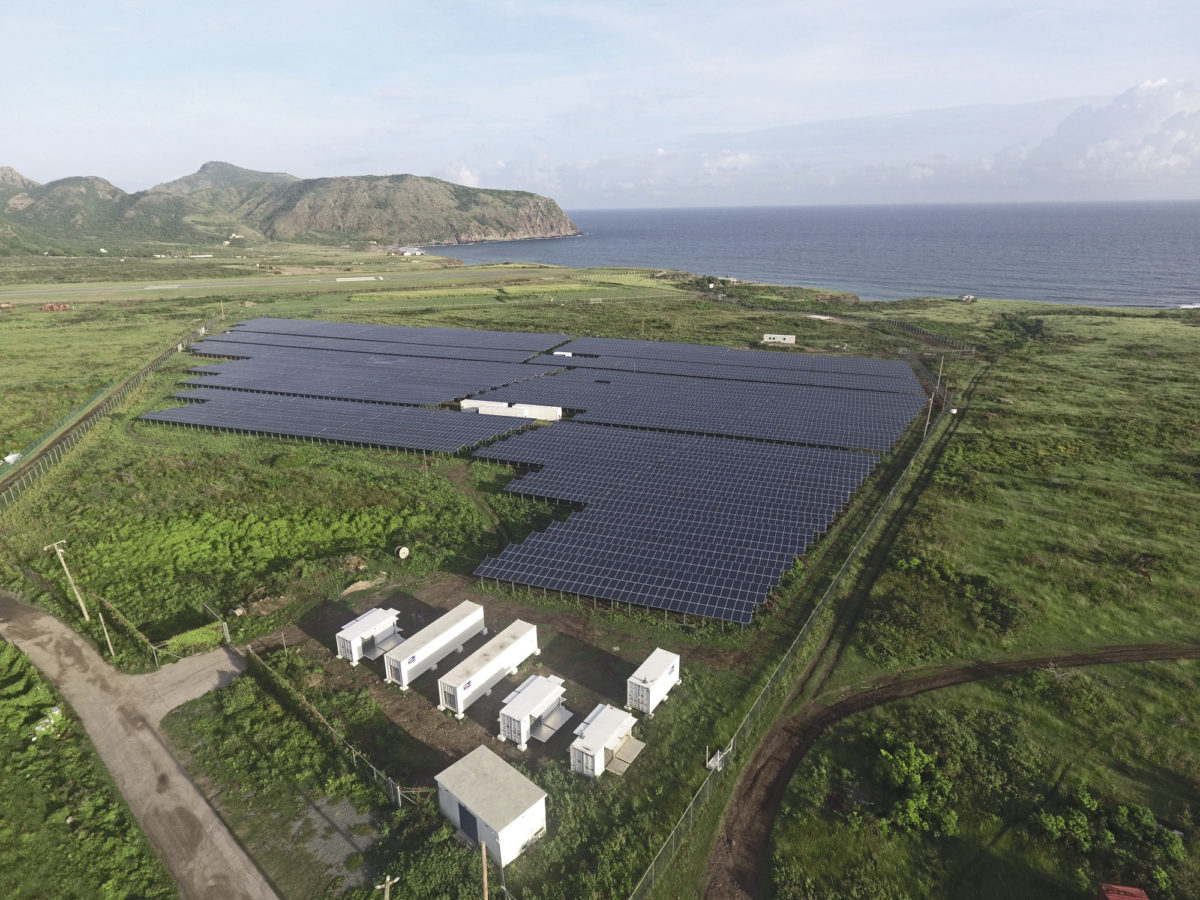From pv magazine Global.
An international research team has developed a new energy management strategy to help manage oversupply in remote solar microgrids that rely on hydrogen fuel cells for backup power generation.
They demonstrated the model through the Transient System simulation program (TRNSYS) software on a PV system that was linked to a polymer electrolyte membrane (PEM) fuel cell. It provides electricity to the system when the load power exceeds the power generated by the PV plant. The 21.4 kW solar array has an annual power yield of 127.3 kW h/m2 under standard conditions.
“The total area of the PV power plant is approximately 205.3 m2, and the PV model of 100 Wp and a 1 m2 area is chosen,” the academics said. “The maximum power point tracking (MPPT) is applied to the PV array to harvest the maximum PV power.”
The electrolyzer was designed with a capacity of 5 kW, which would be enough to absorb electricity generated by the solar plant and produce hydrogen for the fuel cell at times of intermittent PV power, the research group said.
‘”The electrolyzer efficiency in this model was 90%,” they explained. “The voltage of a single cell was 1.64 V for the 220-V stack voltage, which requires a total of 134 cells.”
This combination is able to produce hydrogen at seven bars and with high density. The hydrogen tank was sized at 22 cubic meters to store all the hydrogen production at 150 bars. The fuel cell was sized at the peak load power rate of 3 kW for on-peak loads.
The researchers conducted the simulations on a system in Beijing over a period of 12 months. Their project showed that the fuel cell operated at full capacity between March and September, when the PV system had higher energy production. The academics said the proposed system configuration and sizing ensured that the annual amount of hydrogen that was consumed would be the same as the annual amount that was produced.
“The results verify that the system was sized correctly,” the researchers said. “The overall system efficiency was estimated to be 47.9%, which was higher than that obtained in previous studies with the same configuration.”
They described the energy management system in “Efficient photovoltaics-integrated hydrogen fuel cell-based hybrid system: Energy management and optimal configuration,” which was recently published in the Journal of Sustainable Energy.
This content is protected by copyright and may not be reused. If you want to cooperate with us and would like to reuse some of our content, please contact: editors@pv-magazine.com.









By submitting this form you agree to pv magazine using your data for the purposes of publishing your comment.
Your personal data will only be disclosed or otherwise transmitted to third parties for the purposes of spam filtering or if this is necessary for technical maintenance of the website. Any other transfer to third parties will not take place unless this is justified on the basis of applicable data protection regulations or if pv magazine is legally obliged to do so.
You may revoke this consent at any time with effect for the future, in which case your personal data will be deleted immediately. Otherwise, your data will be deleted if pv magazine has processed your request or the purpose of data storage is fulfilled.
Further information on data privacy can be found in our Data Protection Policy.